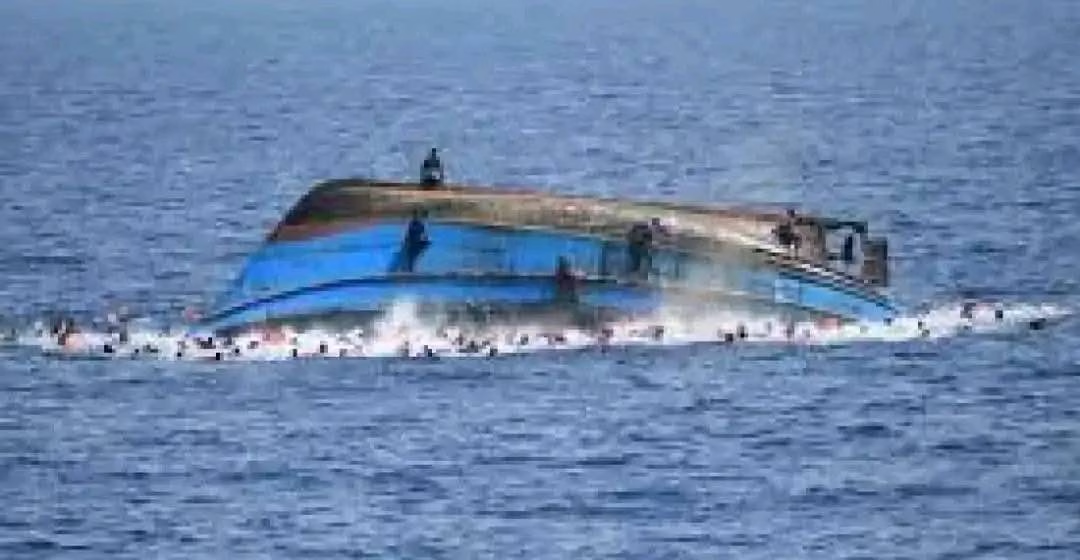
The Habesha News Desk
August 4, 2025
A deadly shipwreck off the coast of Yemen has claimed the lives of at least 154 migrants, including 68 Ethiopian citizens, drawing renewed international attention to the growing humanitarian and political crisis unfolding in Ethiopia under the leadership of Prime Minister Abiy Ahmed.
The vessel, reportedly carrying around 150 people—mostly Ethiopians—capsized on July 27 amid rough weather conditions in Yemen’s Abyan province, according to the International Organization for Migration (IOM). Only 12 survivors have been rescued, while dozens remain missing. The IOM has described the incident as “heartbreaking,” underscoring the perilous conditions faced by those attempting to flee the Horn of Africa in search of safety and opportunity.
Migration Driven by Crisis
Observers and human rights organizations have warned that the tragedy is part of a worsening pattern of irregular migration linked directly to Ethiopia’s internal instability. Mounting political repression, economic hardship, and armed conflict have fueled a sharp rise in the number of Ethiopians risking their lives on dangerous migration routes.
“People are no longer migrating for opportunity—they are escaping for survival,” said an Addis Ababa-based political analyst, speaking anonymously for security reasons.
Since taking office in 2018, Prime Minister Abiy Ahmed has faced growing criticism over his administration’s centralization of power, suppression of dissent, and failure to resolve multiple armed conflicts across regions such as Tigray, Oromia, and Amhara. Coupled with rising youth unemployment, inflation, and disillusionment, many young Ethiopians now view migration—despite its risks—as their only remaining option.
National Grief, Global Outcry
The shipwreck has ignited a wave of grief and anger across Ethiopia and within the diaspora. Civil society groups, opposition parties, and international watchdogs are calling for urgent reforms to address the conditions driving citizens to flee in such dangerous circumstances.
“The loss of these young lives is a tragic consequence of government failure,” said a spokesperson for an Ethiopian diaspora advocacy group. “The state must stop prioritizing power and start protecting people.”
The opposition parties, including the Enat Party, EPRP, All Ethiopian Unity Party, and Ethiopian Citizens for Social Justice (EZEMA), released a statement expressing their sorrow for the victims and urging the Ministry of Labor and Skills to fulfill its commitments. The party emphasized the need for comprehensive policies aimed at generating substantial domestic employment opportunities and facilitating safe, legal migration routes, particularly for at-risk youth.
Call for Accountability and Reform
Human rights organizations have long warned that the Red Sea and Gulf of Aden migration corridor is one of the most dangerous in the world, frequently used by smugglers and traffickers who prey on desperate migrants.
“This is not just an Ethiopian crisis—it’s a regional and global humanitarian emergency,” said a regional IOM representative. “Unless the root causes of migration are addressed, tragedies like this will continue to happen.”
Observers are urging both the Ethiopian government and international partners to prioritize solutions that offer hope and security within the country, rather than forcing citizens to choose between repression at home or death at sea.
What Lies Ahead
As Ethiopia reels from this latest tragedy, pressure is building for a shift in governance—away from authoritarianism and toward accountability, transparency, and citizen-focused policy.
“This is not just a national failure—it is a human catastrophe,” said a representative from a global human rights group. “If the Ethiopian government continues to ignore the warning signs, the cost will be counted in lives lost—not just at sea, but across the country.”
With the spotlight once again on Ethiopia, the question remains: Will this tragedy prompt real change, or will it become just another headline in a nation in slow collapse?
